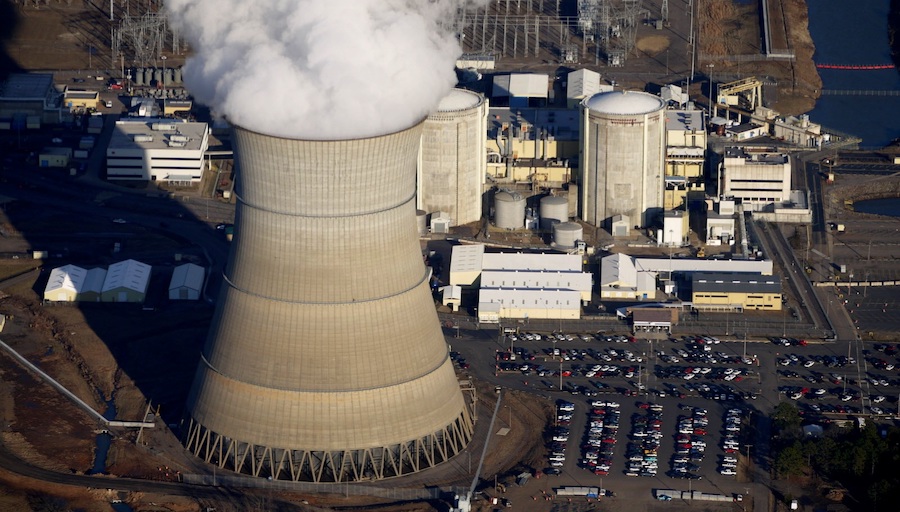Russia Curtails Uranium Exports to US, Exposing Vulnerabilities in Nuclear Power Supply Chain
Russia has announced temporary restrictions on enriched uranium exports to the United States, raising potential supply concerns for American nuclear reactors that generate nearly 20% of the country’s electricity.
The Kremlin shared little detail about the scope or duration of the restrictions in a Telegram statement on Friday. Given that utilities typically secure uranium well in advance, the immediate effects are expected to be minimal. However, the decision highlights a fragile link in the US nuclear fuel cycle.
A Geopolitical Power Play
Russia’s decision comes as the nation increasingly wields its energy resources as a geopolitical tool amid strained global relations following its invasion of Ukraine. On the same day, Russia also announced it would cut natural gas supplies to Austria, citing a legal dispute that disrupts a 60-year supply agreement covering 80% of Austria’s gas demand.
In the uranium market, Russia holds a commanding position, controlling nearly half the global capacity to enrich uranium and supplying over 25% of the US’s enriched nuclear fuel in 2022.
Industry Impact
Jonathan Hinze, president of uranium market consultancy UxC, warns that the restrictions could have significant implications by 2025, potentially leaving some US reactor operators without a reliable alternative supplier.
“There would be some utilities… expecting that material and now might not get it,” Hinze explained.
Canadian uranium miner Cameco Corp. echoed concerns about the growing risks to nuclear fuel supplies.
“To break dependence on Russia and state-owned enterprises, coordinated Western responses are required,” said Veronica Baker, Cameco’s spokeswoman.
US Uranium Enrichment Gaps
The situation underscores the US’s reliance on Russian uranium, a dependency exacerbated by a lack of domestic enrichment capacity. While the Biden administration has launched a multibillion-dollar initiative to revitalize domestic uranium enrichment, the effort is still in its early stages.
Currently, the US has only one operational commercial enrichment facility, operated by Urenco Ltd., a British-Dutch-German consortium. Urenco’s US branch supplies around one-third of the enriched uranium used in American reactors and plans to increase capacity by 15% by 2027.
“Geopolitical tensions highlight the risks of reliance on unstable sources,” said Rebecca Astles, Urenco’s head of communications.
Market Reactions
Centrus Energy Corp., a key US supplier of Russian enriched uranium, stated that it is exploring alternative options should Russia’s state-owned uranium supplier, Tenex, fail to fulfill its contractual obligations. The uncertainty caused Centrus shares to plunge as much as 13%, while Constellation Energy Corp., the largest US nuclear operator, saw a 1.7% drop.
In contrast, shares of uranium producers surged on the news. Cameco climbed over 6%, while US-based miners Ur-Energy Inc. and Uranium Energy Corp. experienced jumps of up to 10% and 13%, respectively, before giving back some gains.
The Road Ahead
With enriched uranium stockpiles limited and global tensions high, the US faces growing urgency to bolster its domestic nuclear fuel infrastructure. Without decisive action, the nation risks further exposure to supply chain disruptions and geopolitical leverage in this critical sector.


